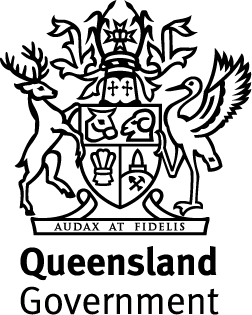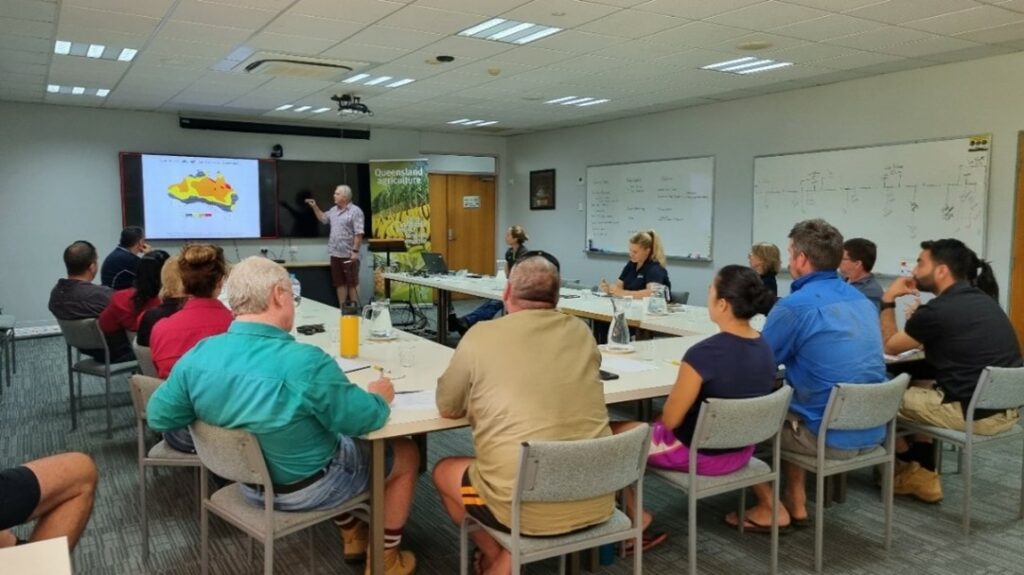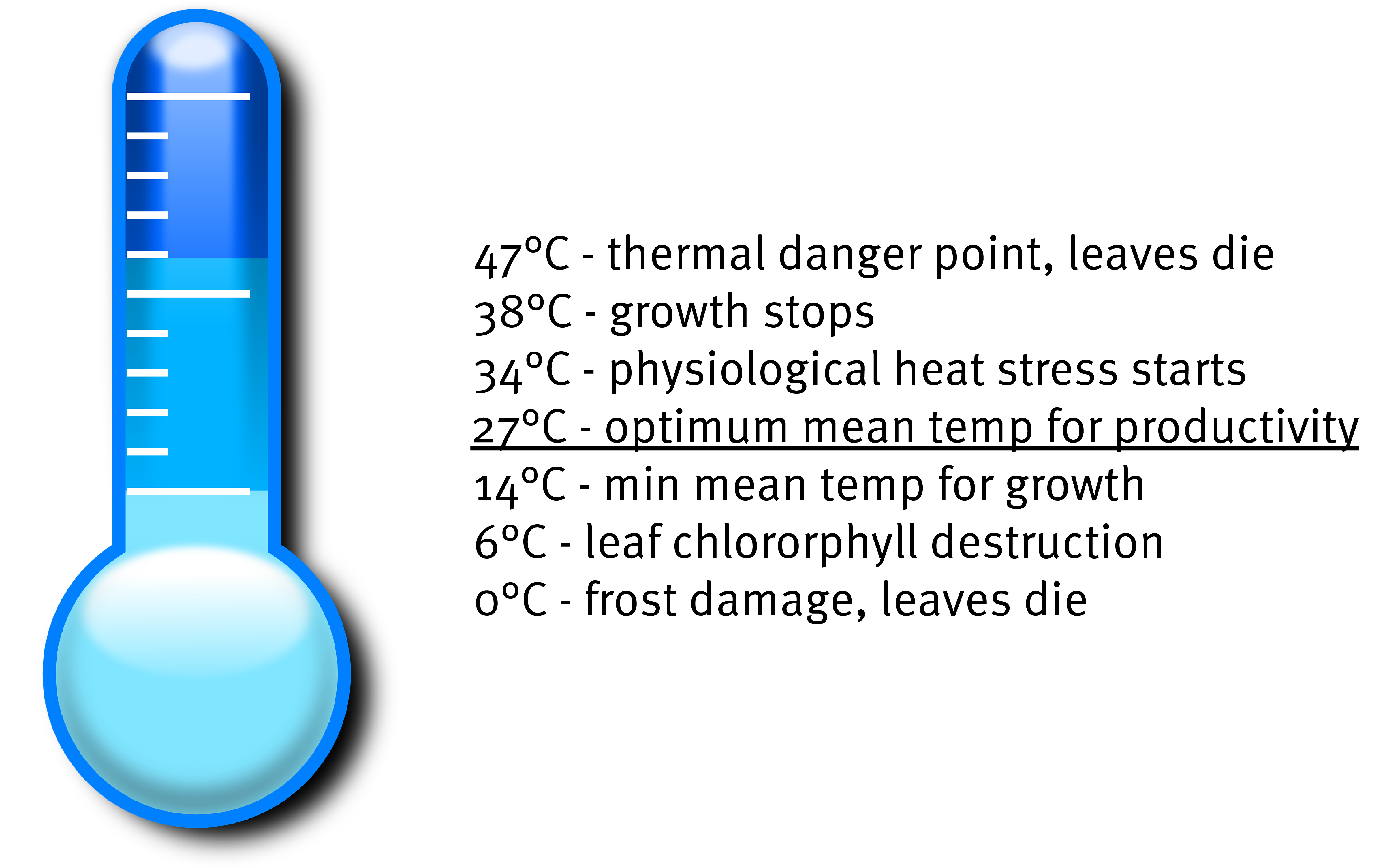Recent Banana Roadshows apeel to participants!
The recent banana roadshows were well attended by over 120 growers, agronomists, ag resellers and industry stakeholders. The four roadshow events were held during August and September in Carnarvon, Western Australia, along with Tully, Innisfail, and Mareeba in FNQ. This year marks 10 years since the first banana roadshow events commenced!
The events were delivered as part of the National Banana Development and Extension Program and provided the opportunity for attendees to hear updates on an array of different research and development topics. The series highlighted recent findings on research including biological bunch pest control, yellow Sigatoka, Sooty blotch, nematodes, soil health, nitrogen rate trials, and an update on variety development. Also included was an update on the Australian banana marketing program and benchmarking.
This year also featured a “walk and talk” session, which included interactive displays to spark further conversation between researchers and participants.
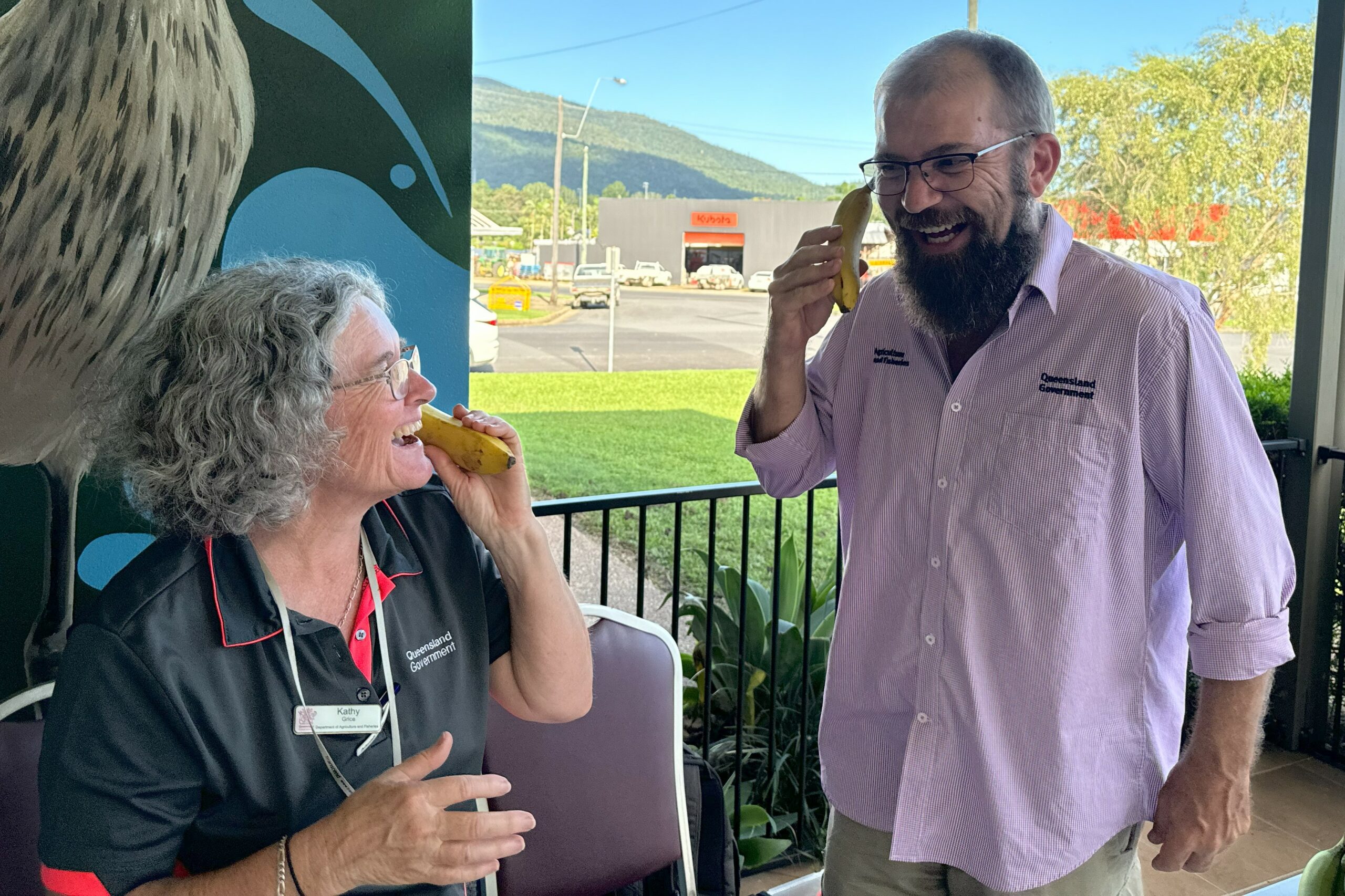
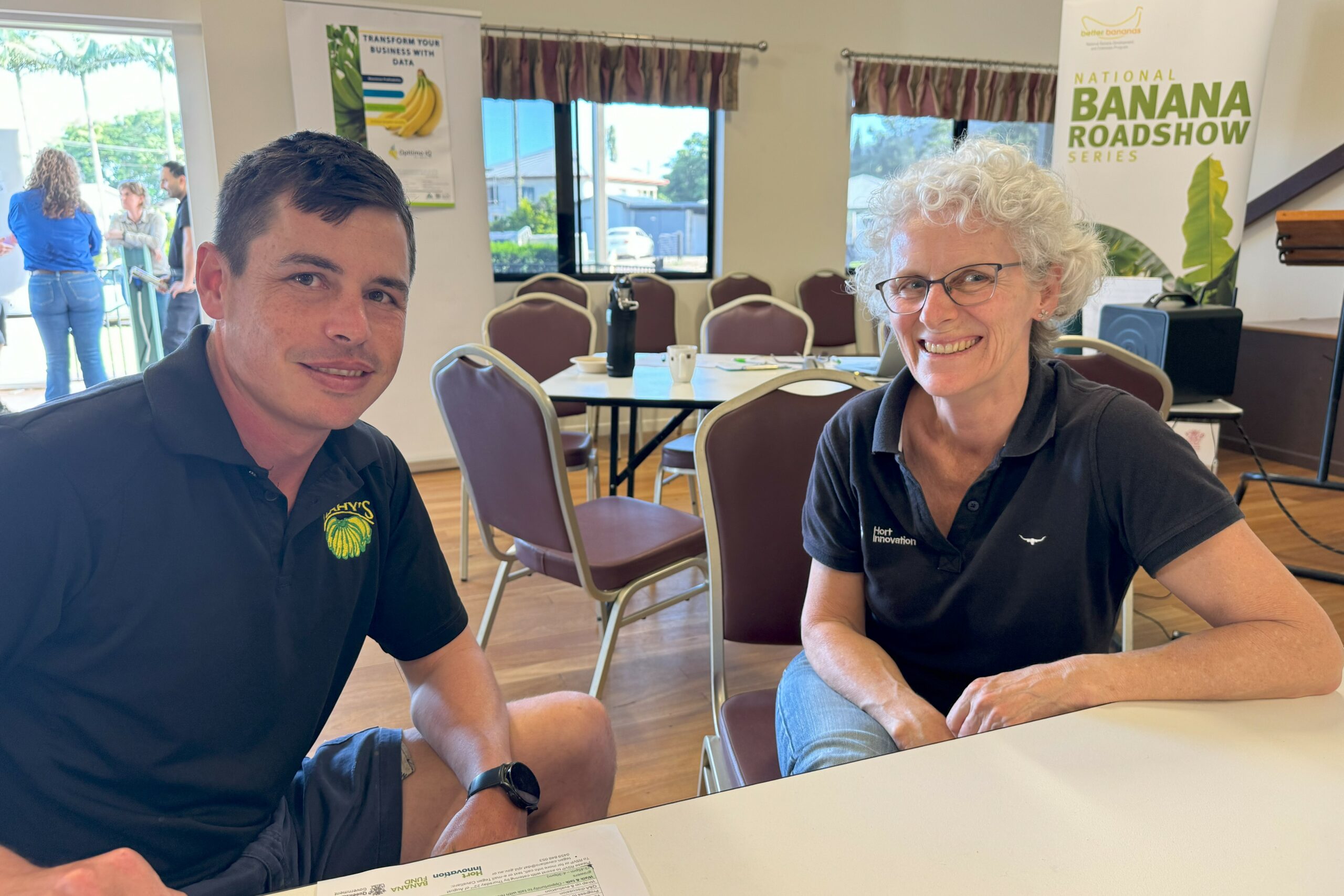
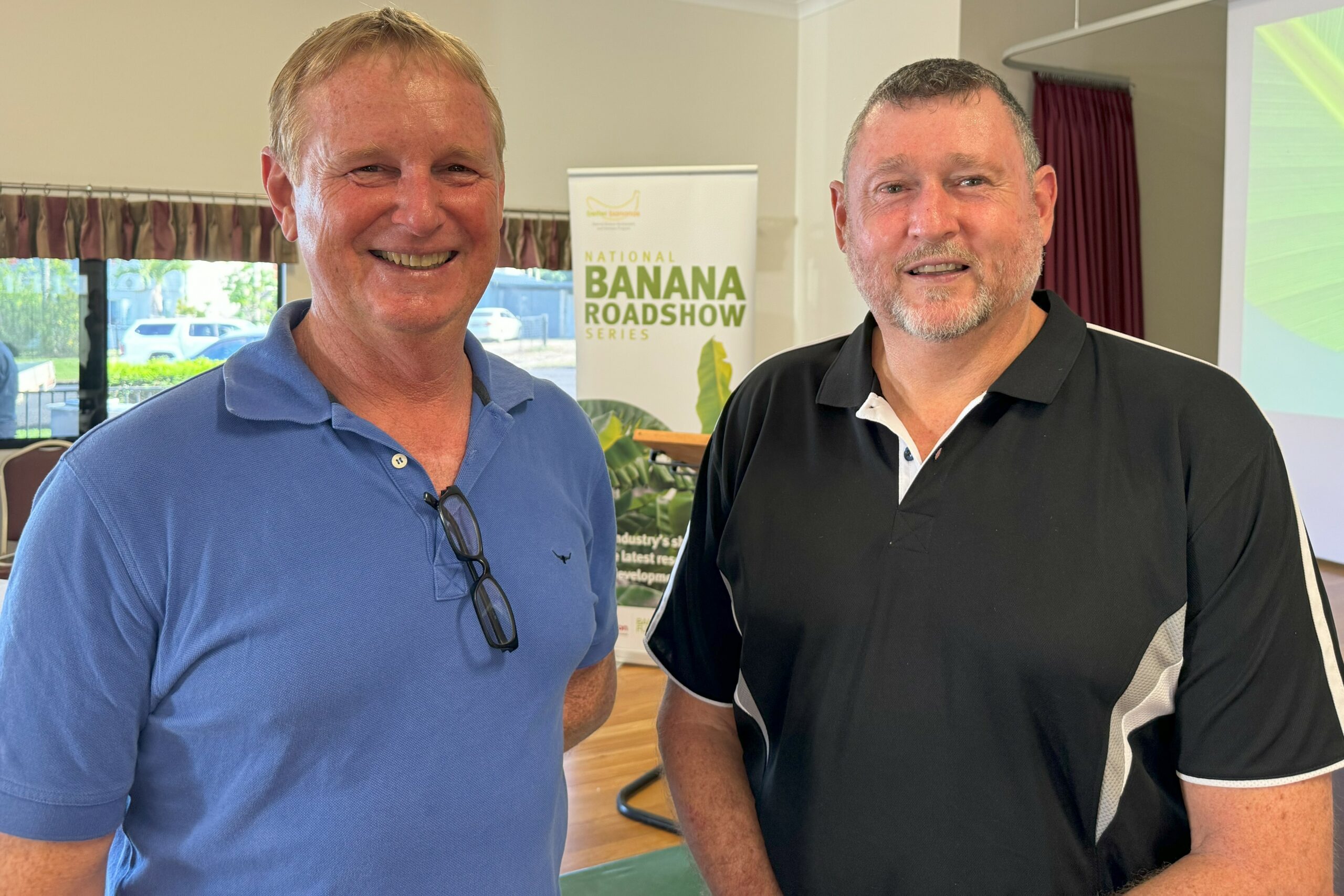
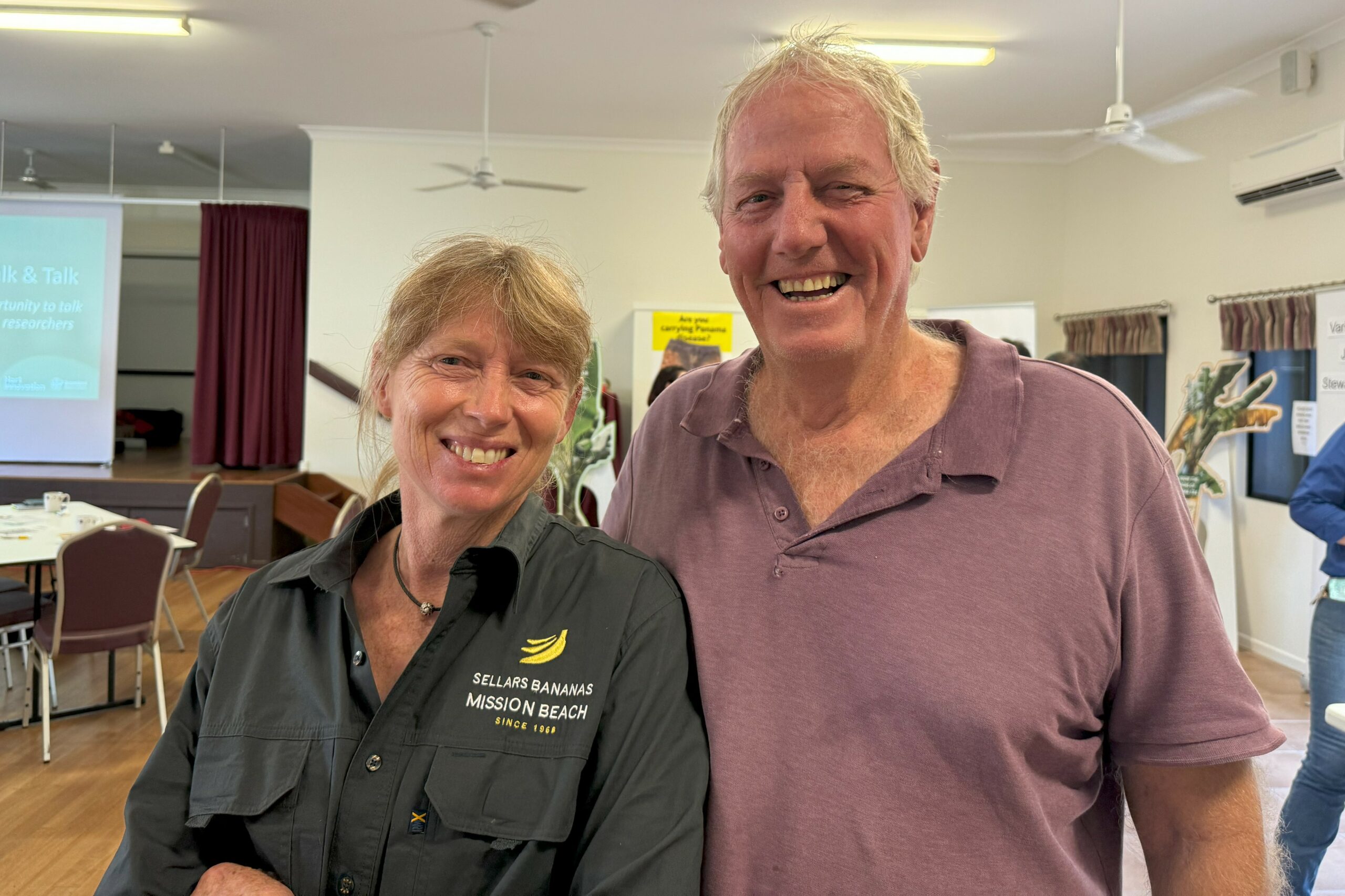
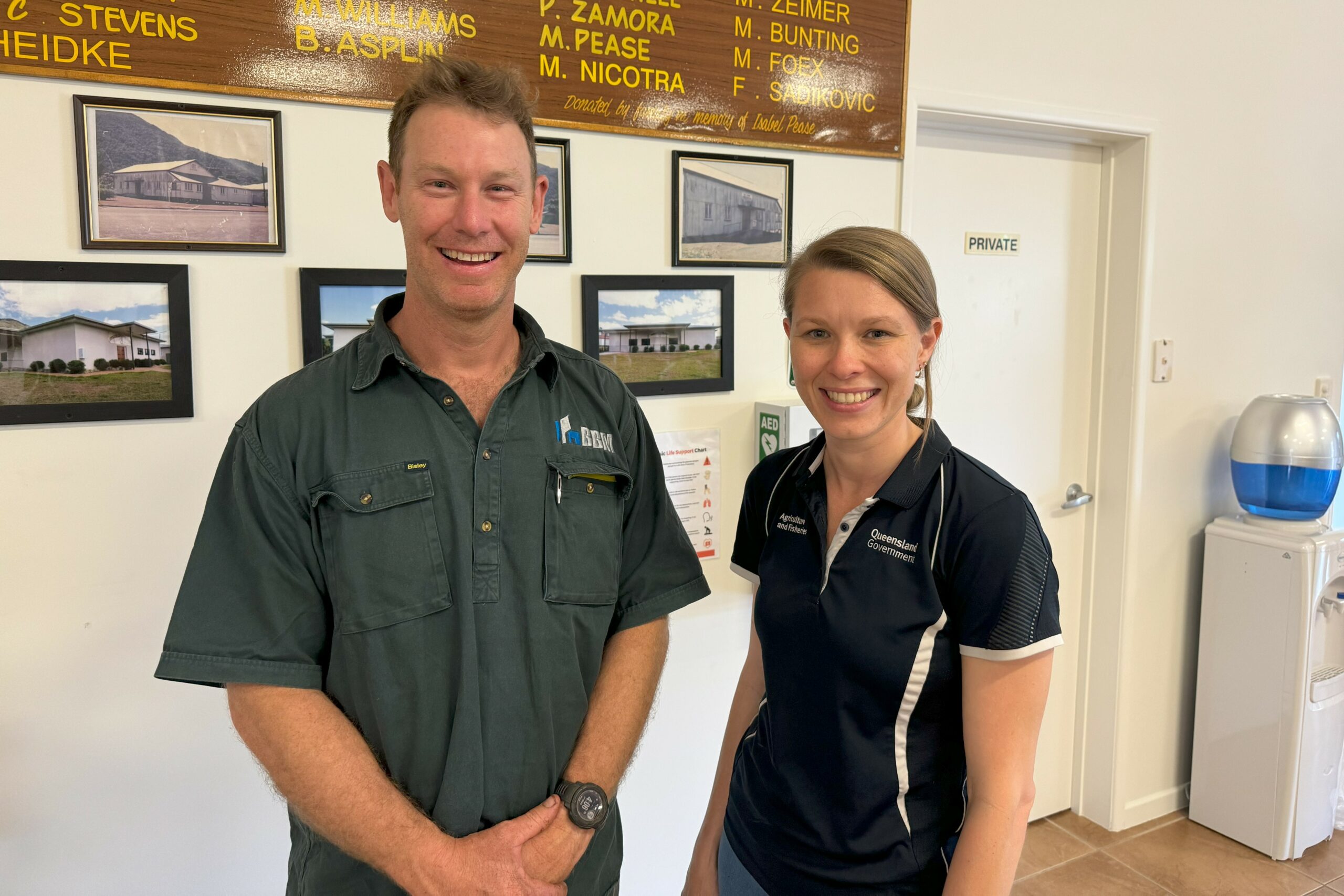
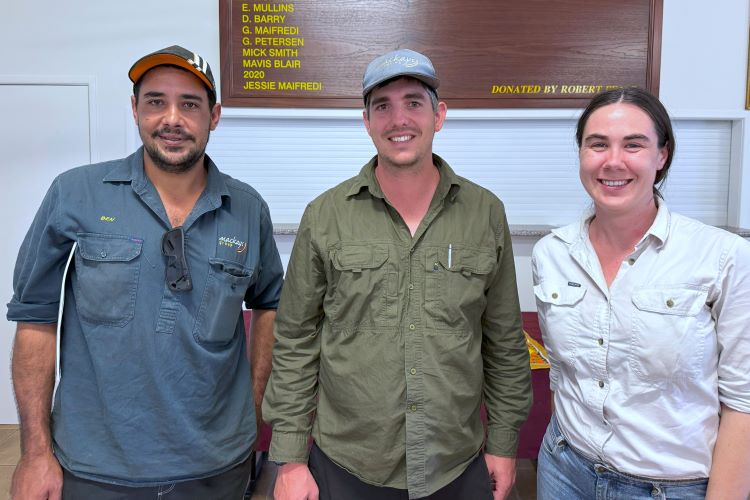
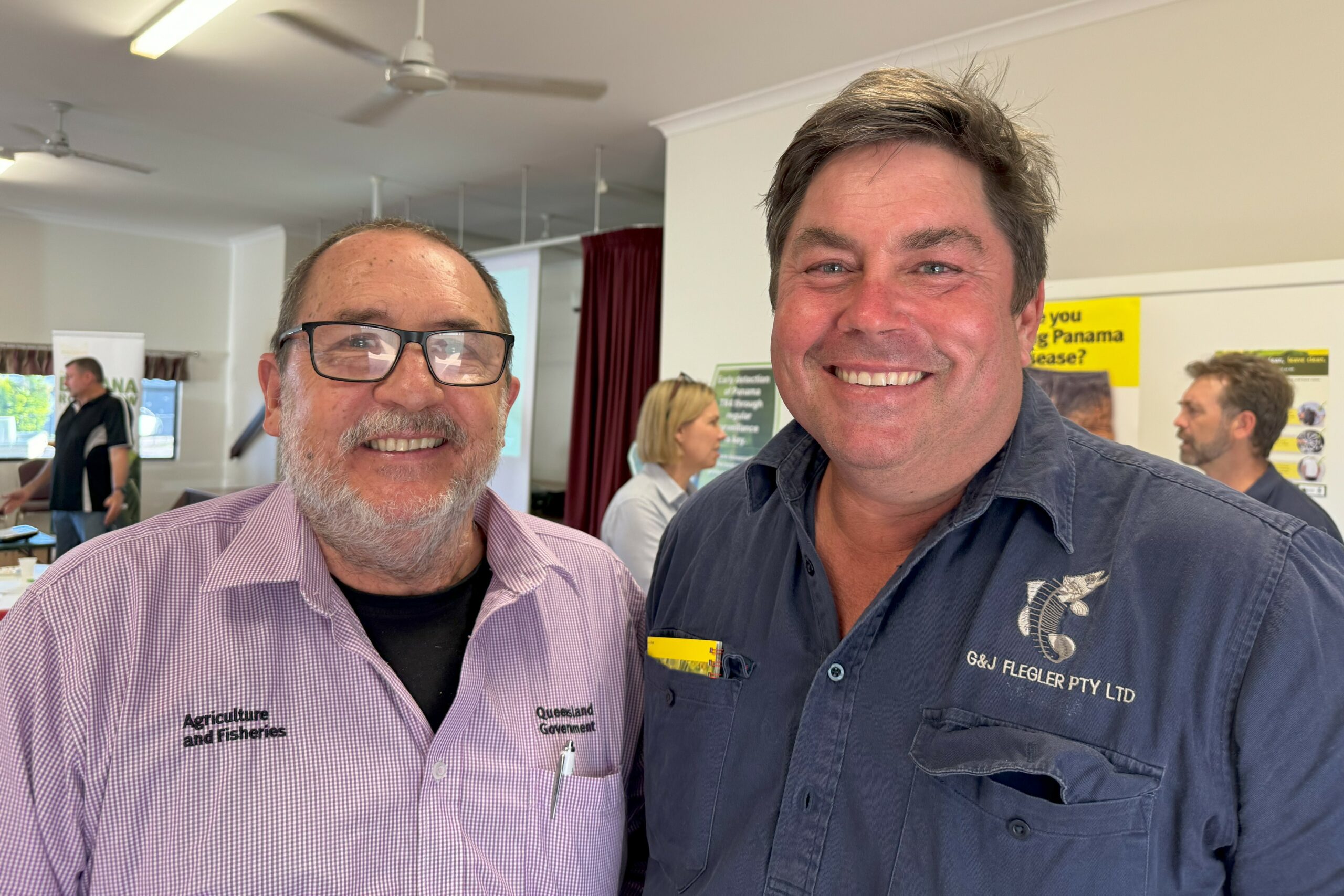
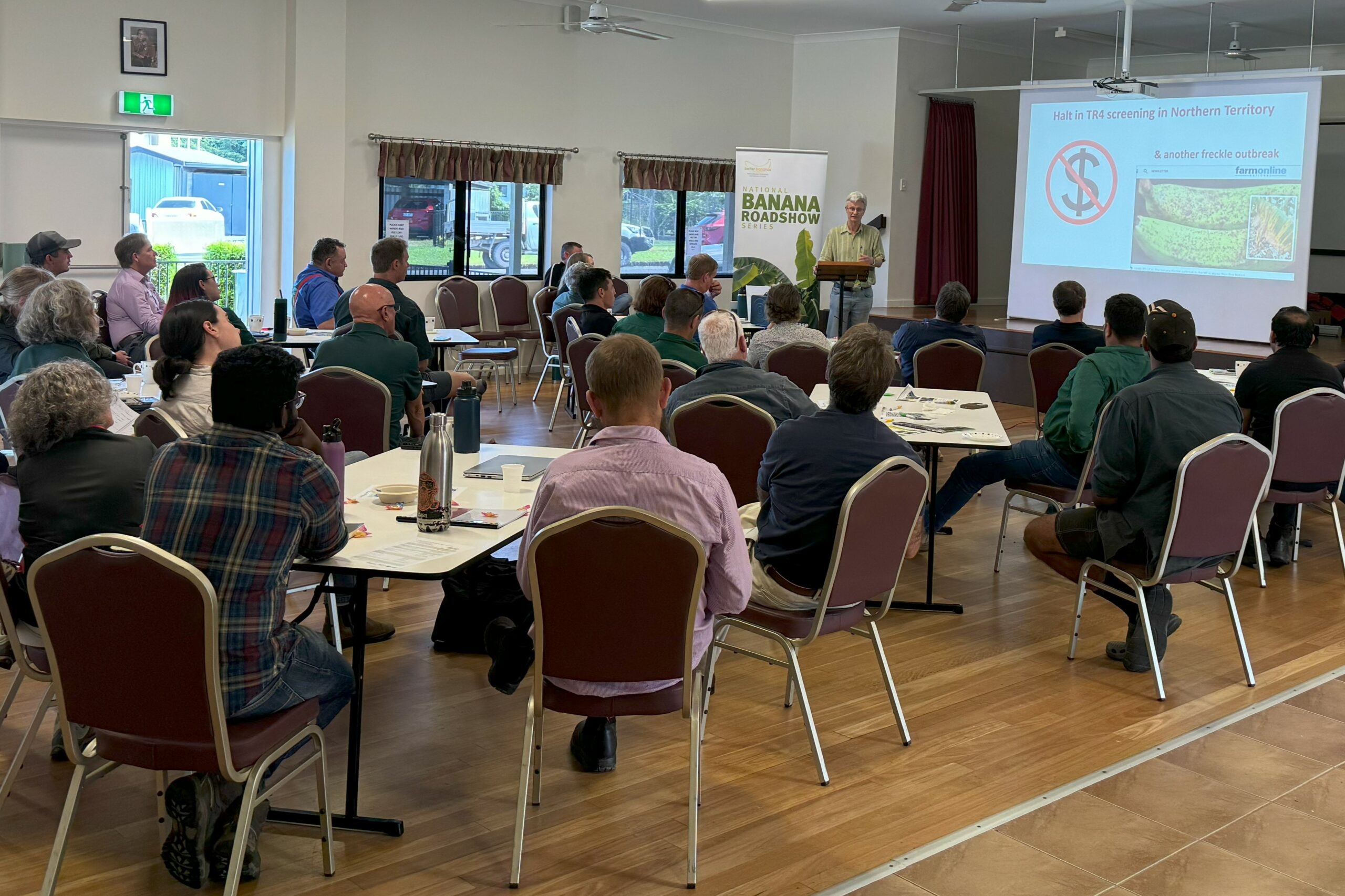
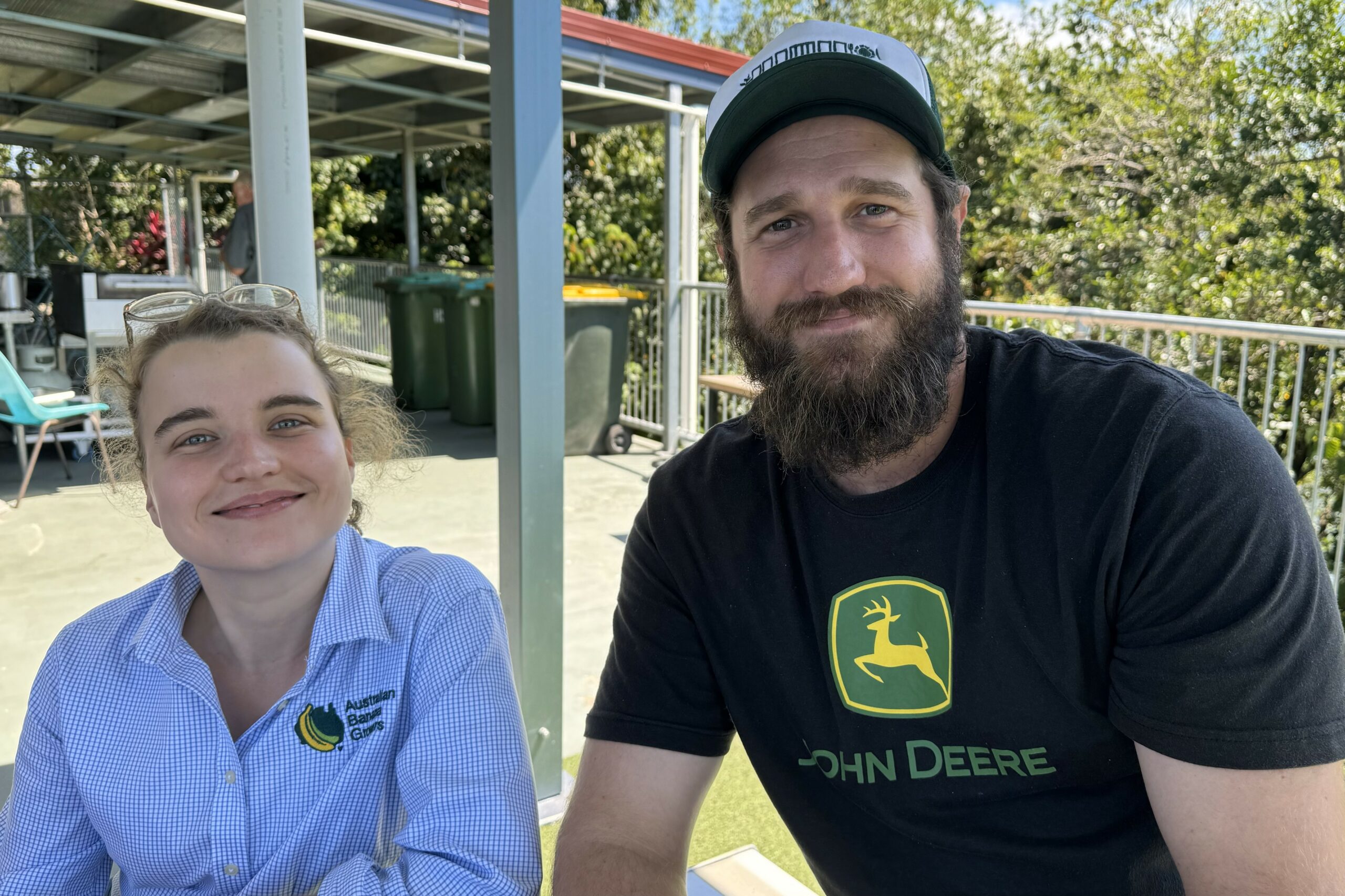
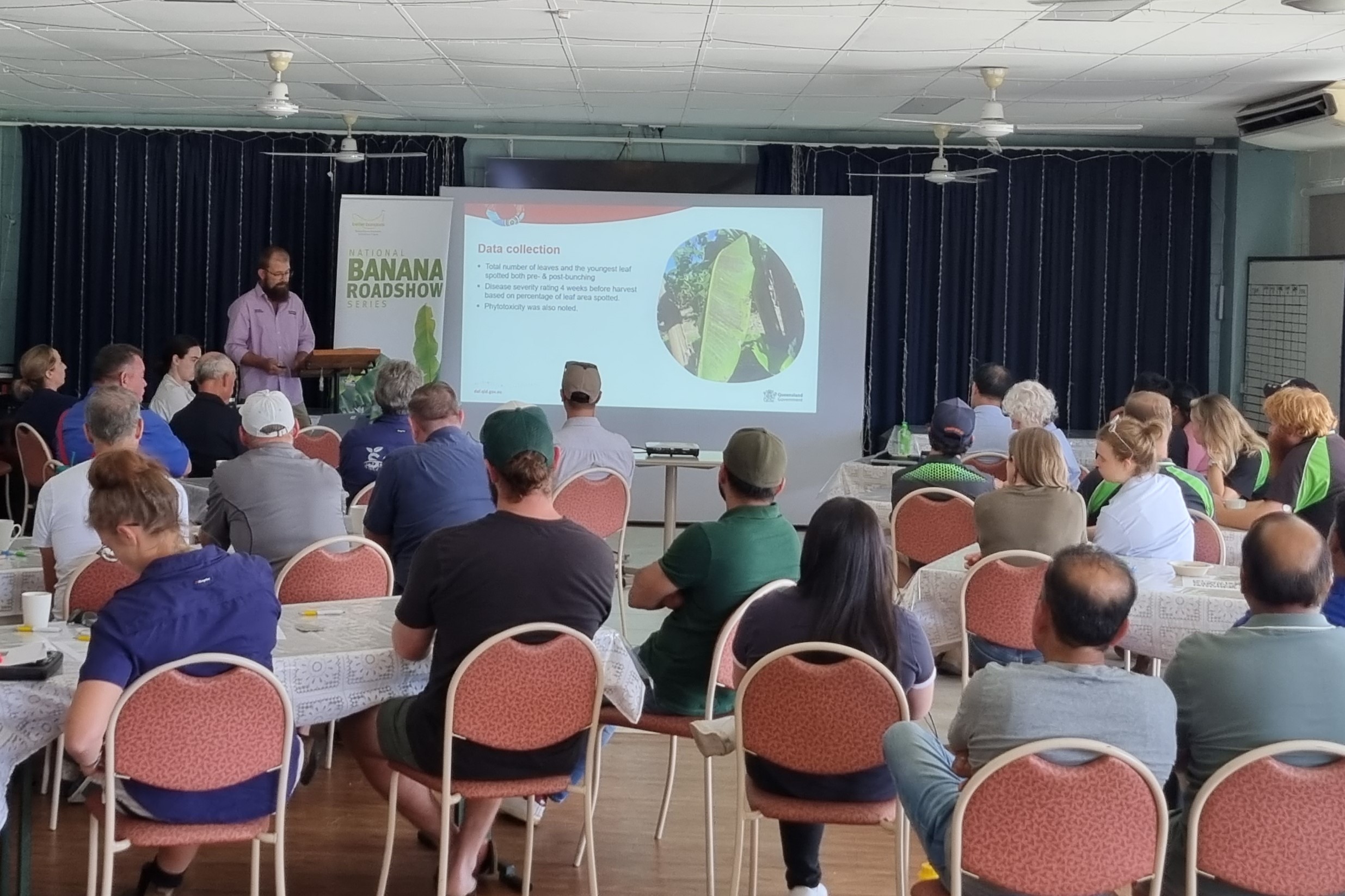
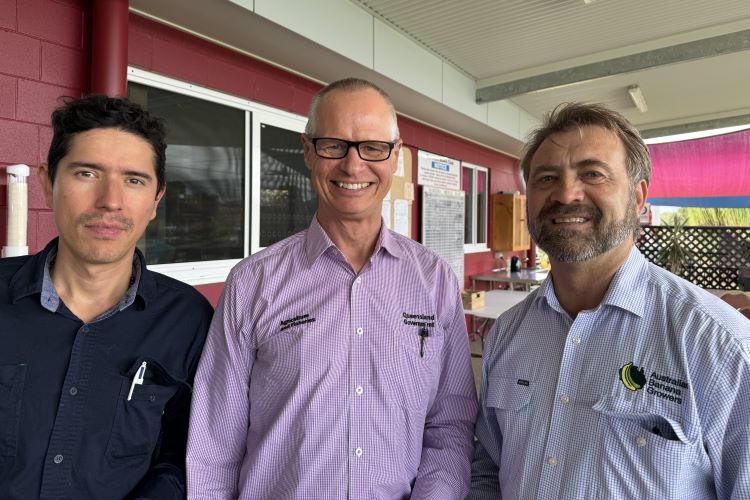
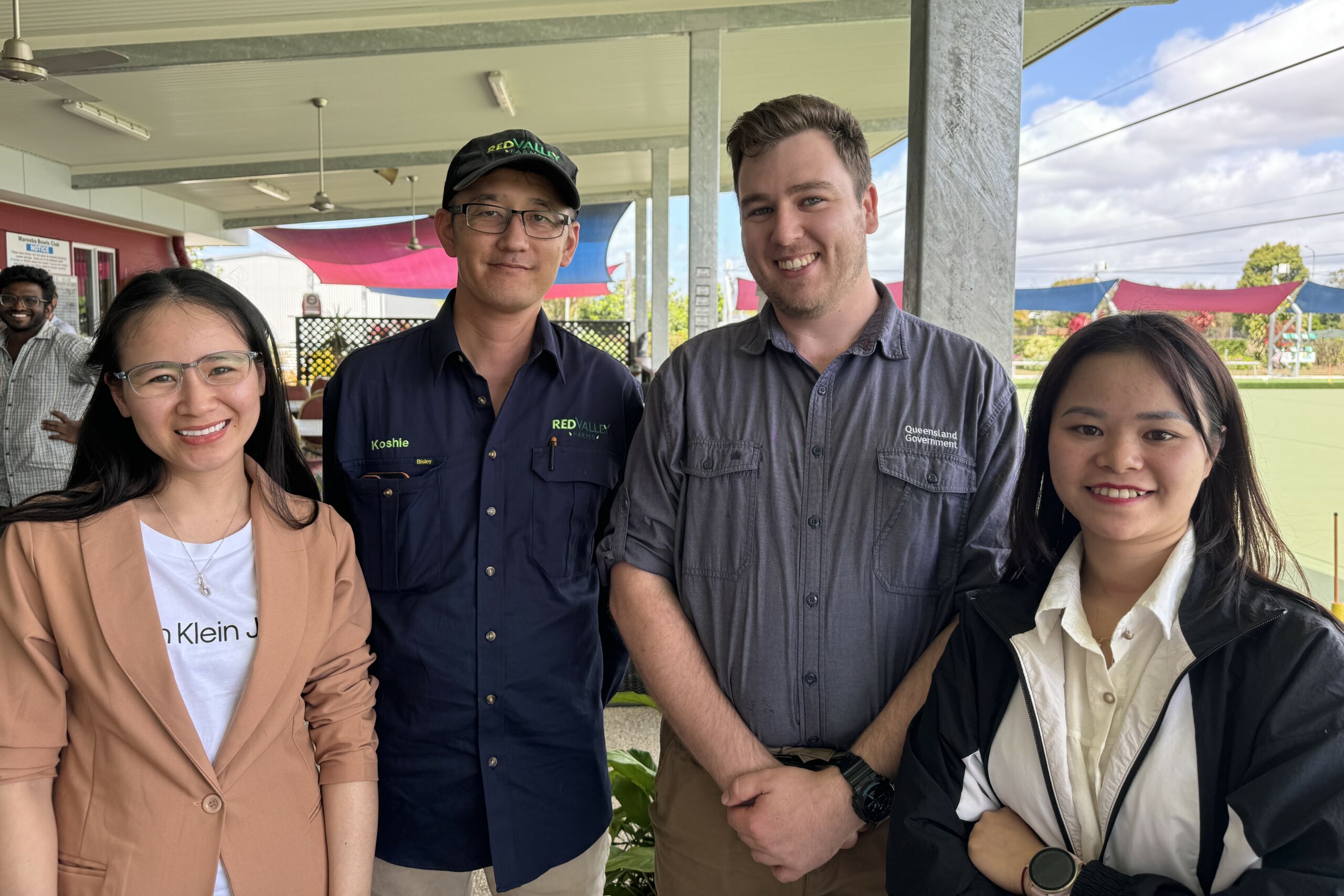
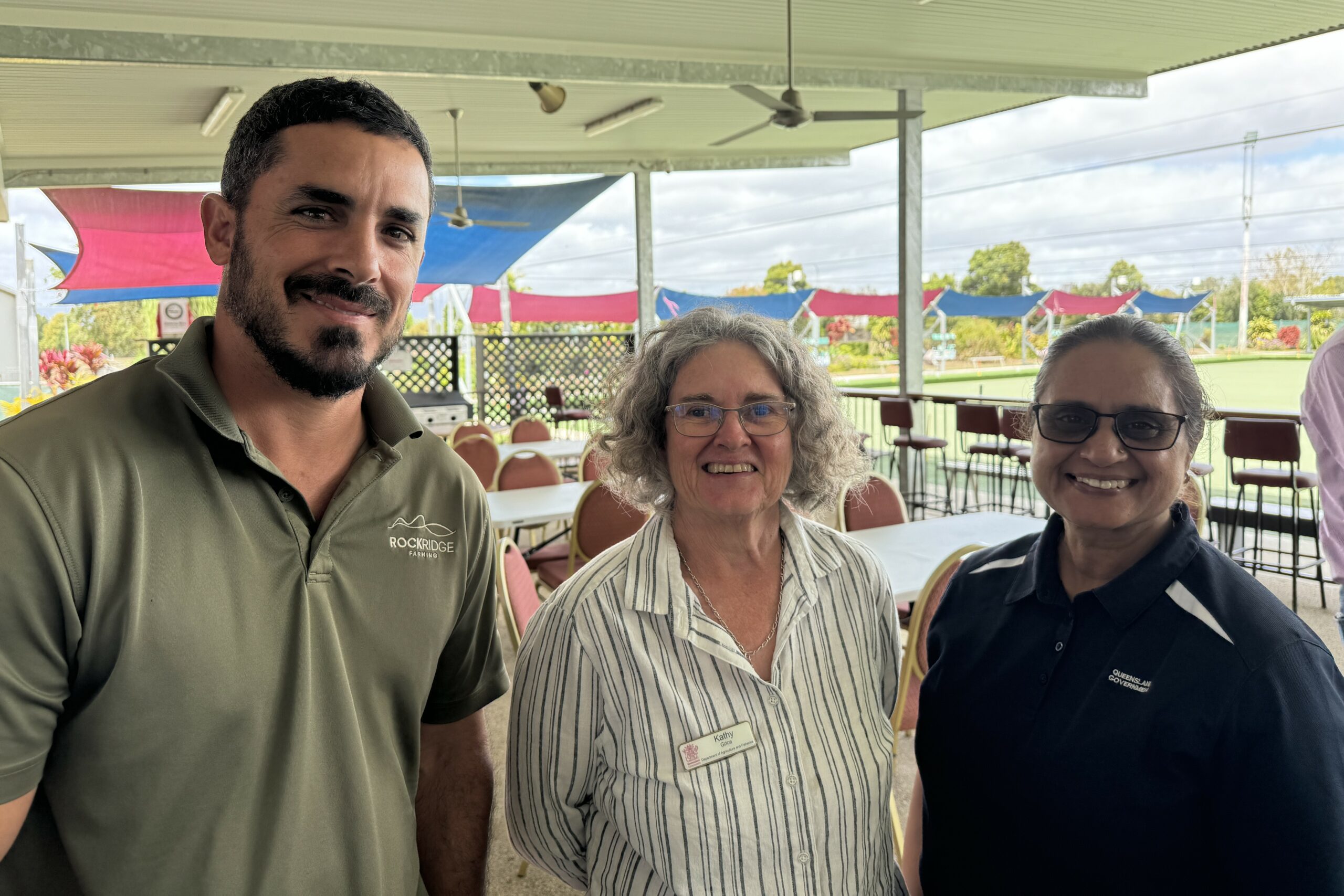
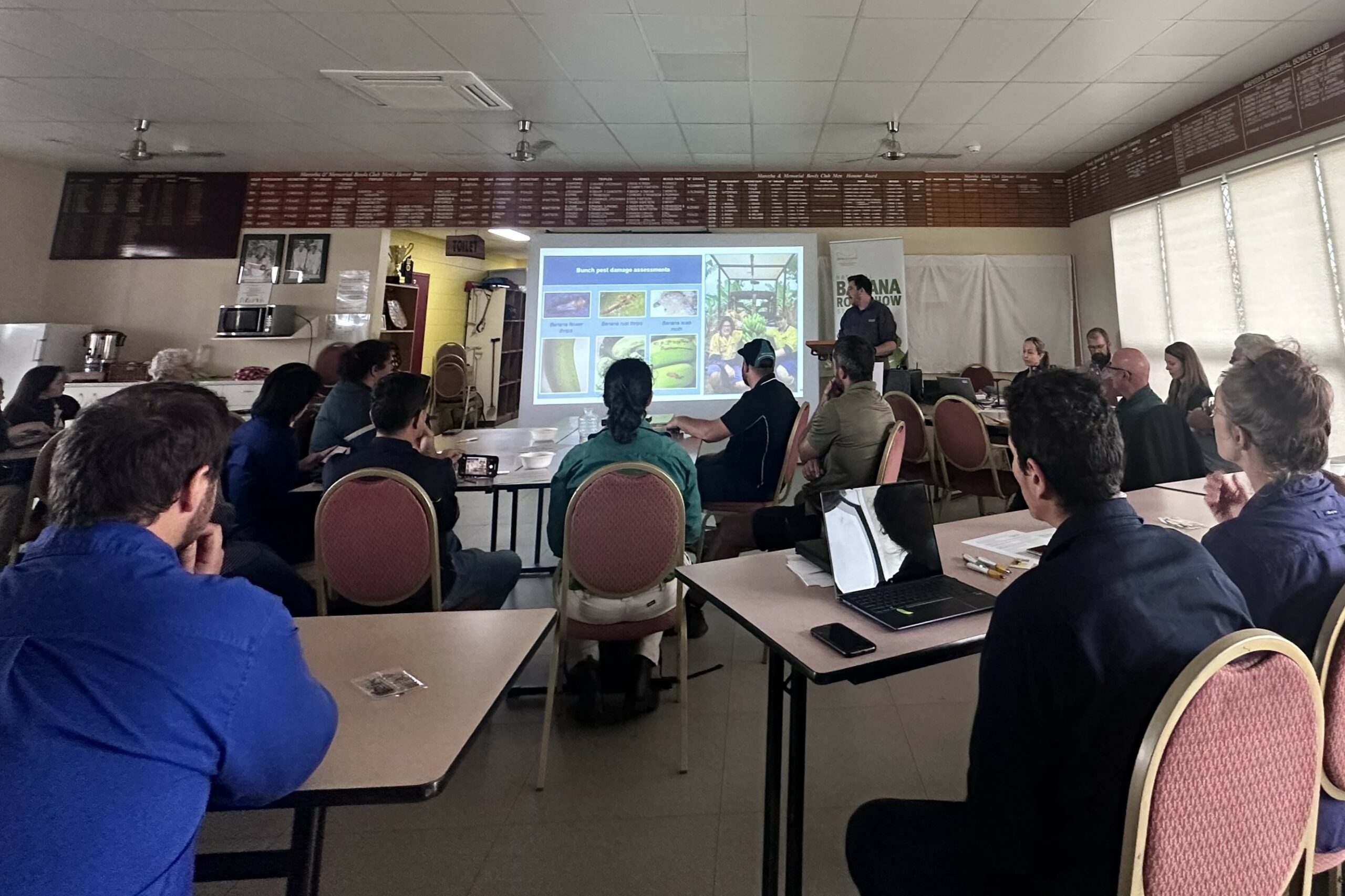
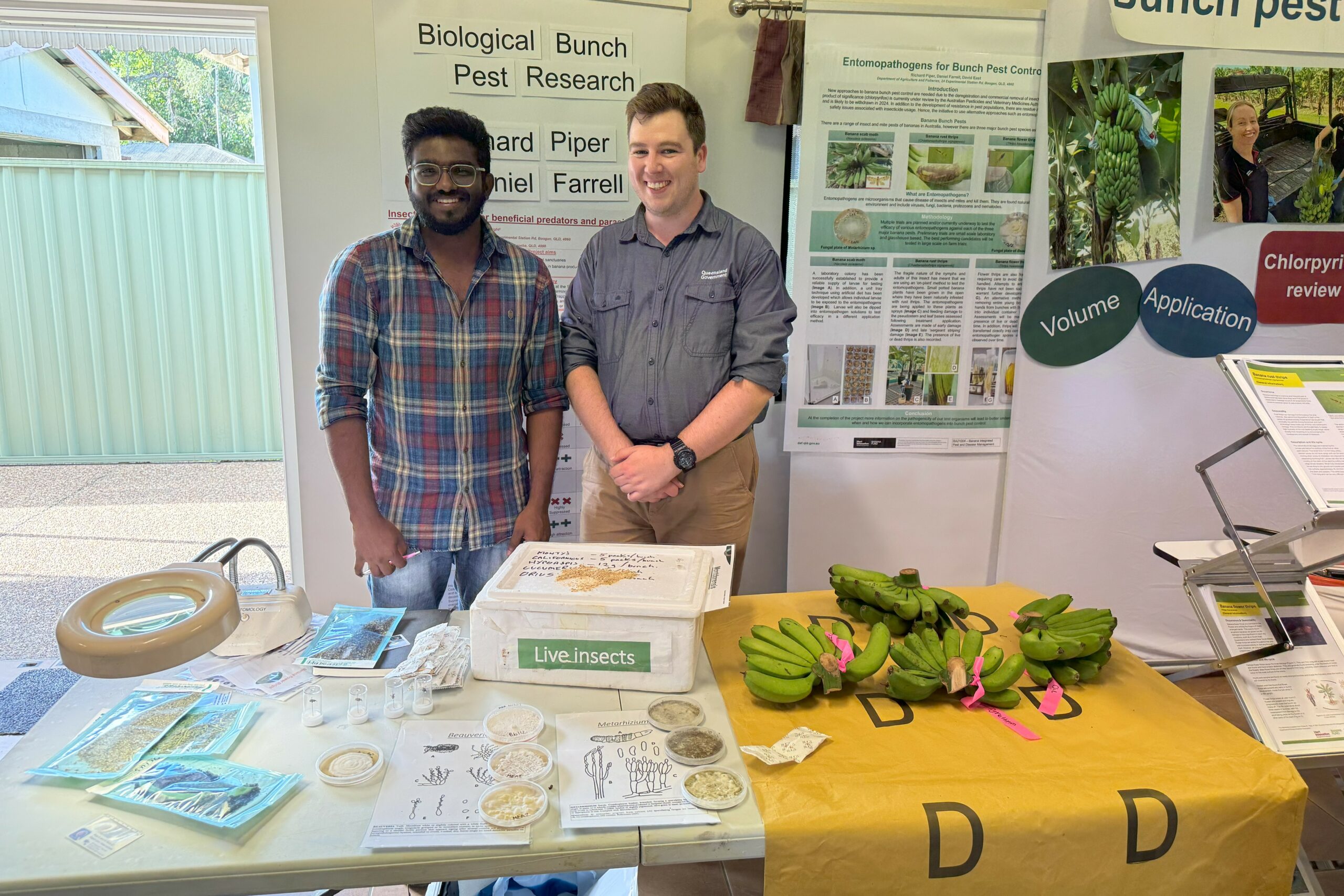
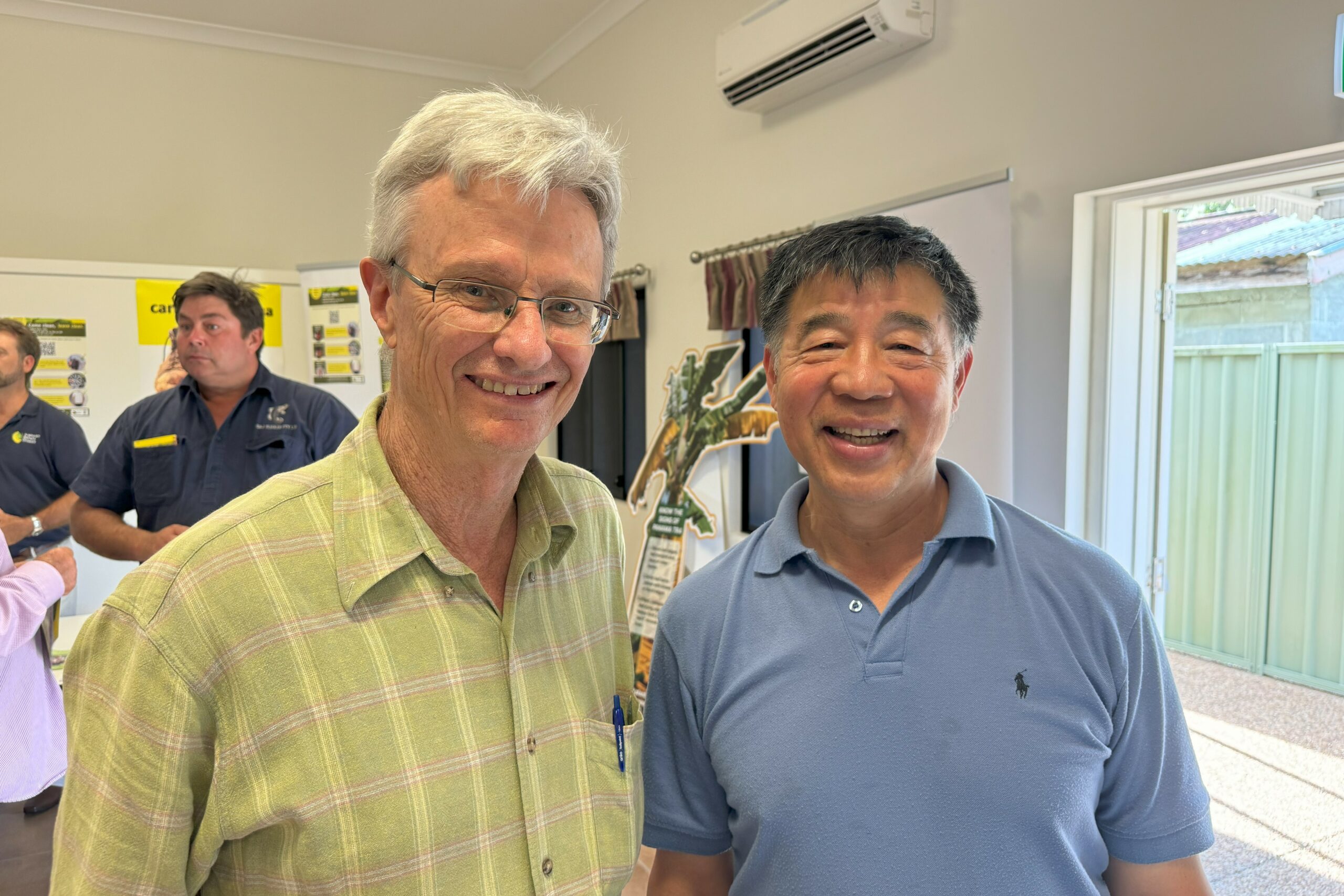
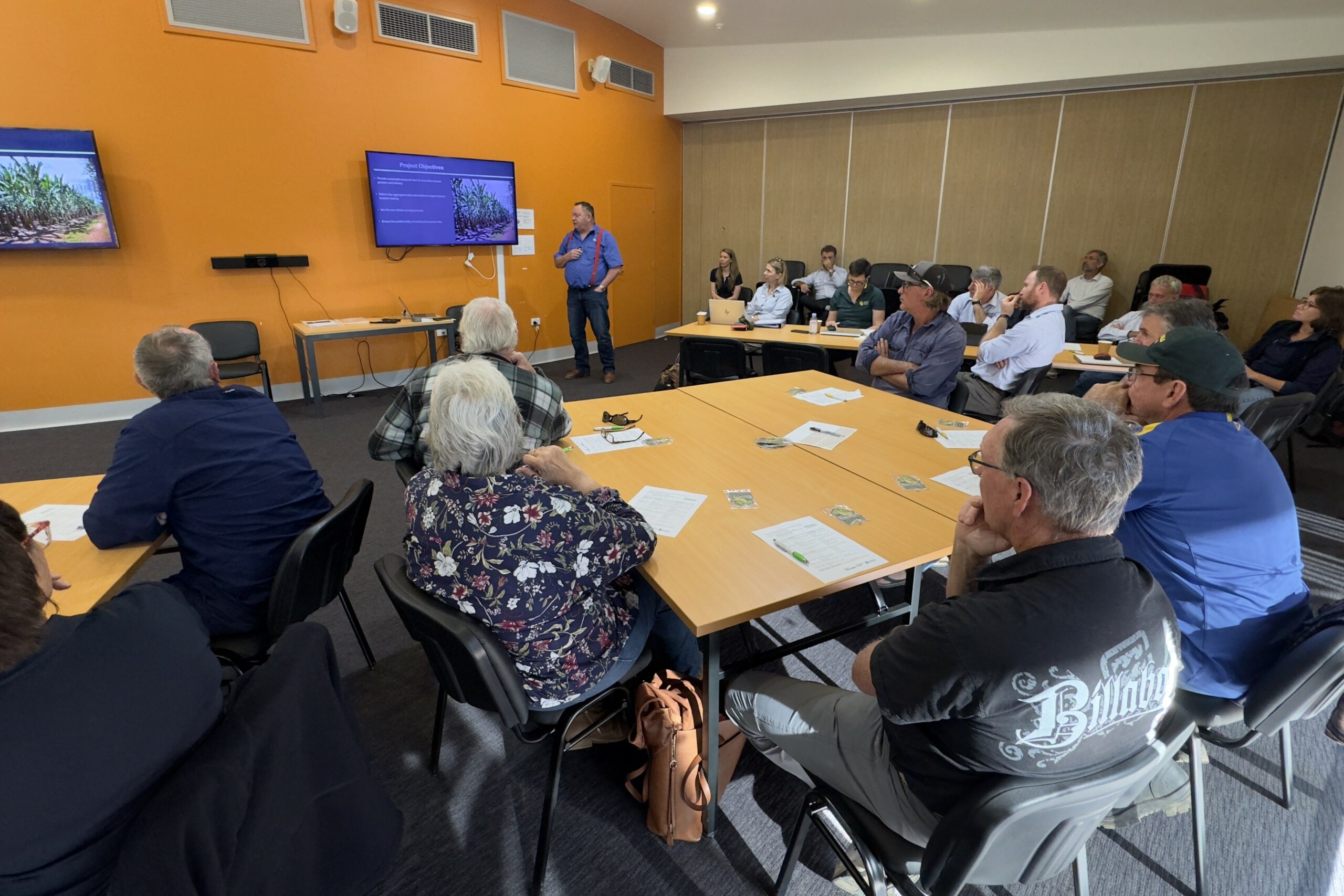
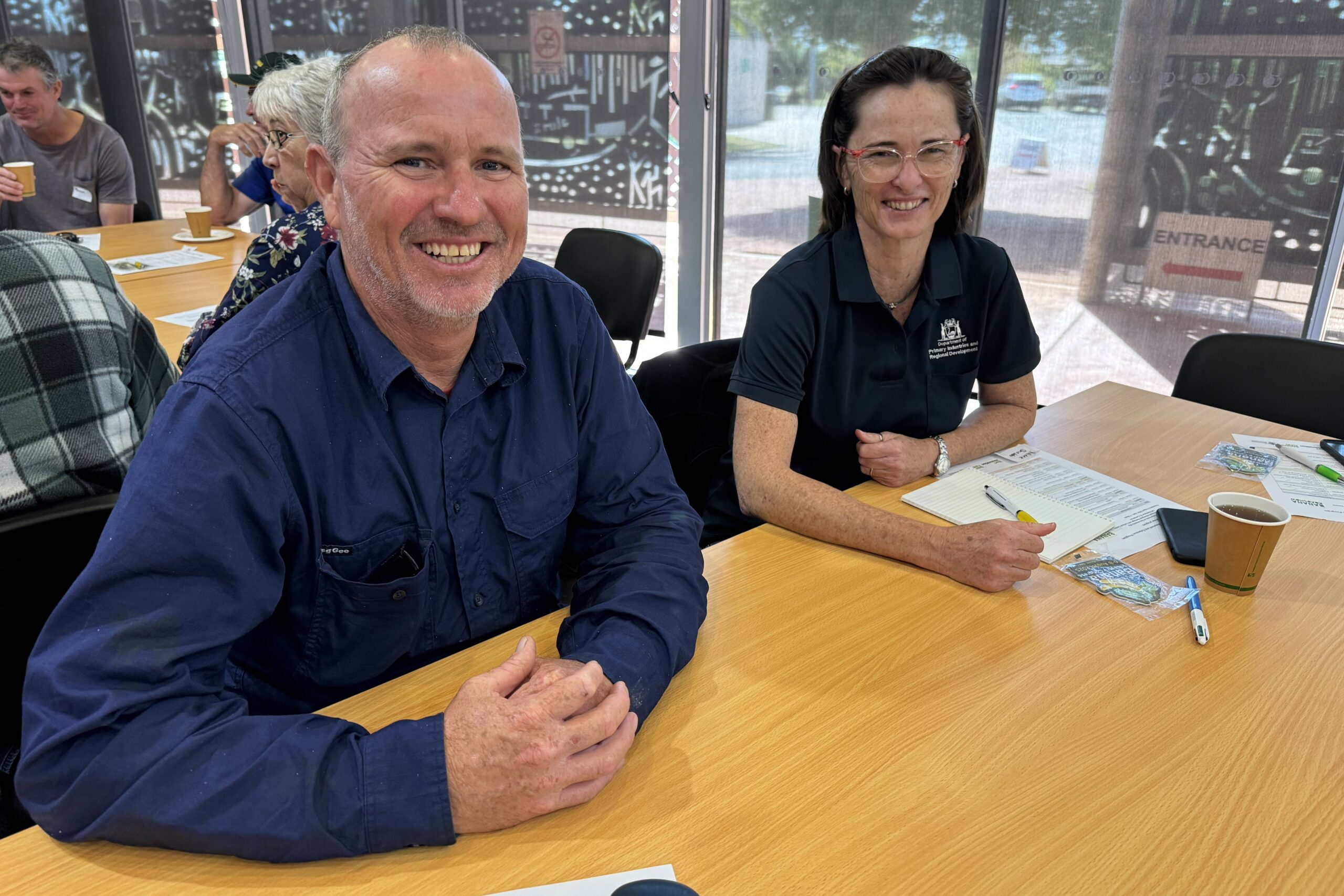
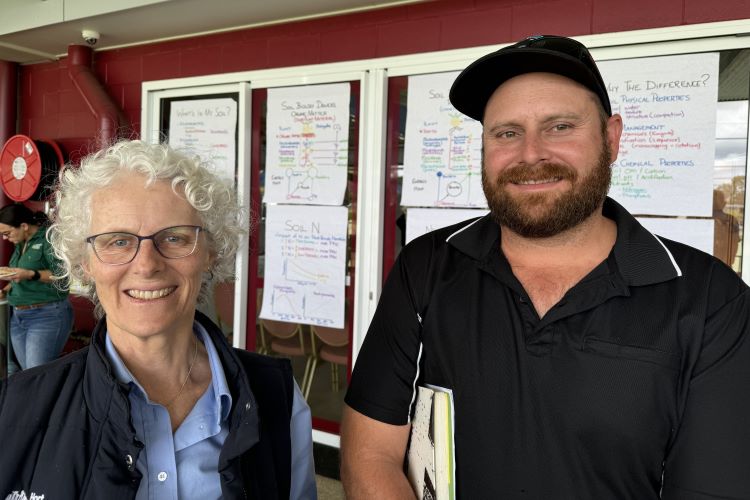
The roadshows were well received with 92% of FNQ participants who provided feedback saying that they learnt something new that would assist their business as a result of attending. Participants had positive feedback on the half-day events.
One participant said ‘The short direct presentations worked well and conveyed a good amount of info.’
Another participant said ‘Loved the quick & sharp presentations. The layout was great, especially being time poor with the option to stay back to chat… Great researchers and crew.’
The extension team would like to thank all growers and industry stakeholders who attended, as well as banana researchers Jeff Daniells, Daniel Farrell, Richard Piper, Kathy Grice, David East, Alex Lindsay, Andrés Morera, Tony Pattison (DAF) for their contribution along with Belinda Van Schaik (Hort Innovation), Andrew Burns (ABGC), Geoff Wilson (ABGC) and Eric Schluter (Aglytica). The team would also like to thank ABGC’s communication team and Valerie Shrubb and Mel Ford (WA DPIRD) for their support.
Keep an eye out in industry communications for info about NSW Roadshow activities later in the year.
Extension events are funded as part of the National Banana Development and Extension Program (BA19004). This project is funded by Hort Innovation, using the Hort Innovation banana research and development levy, co-investment from the Queensland Department of Agriculture and Fisheries and contributions from the Australian Government. Hort Innovation is the grower-owned, not-for-profit research and development corporation for Australian horticulture.

